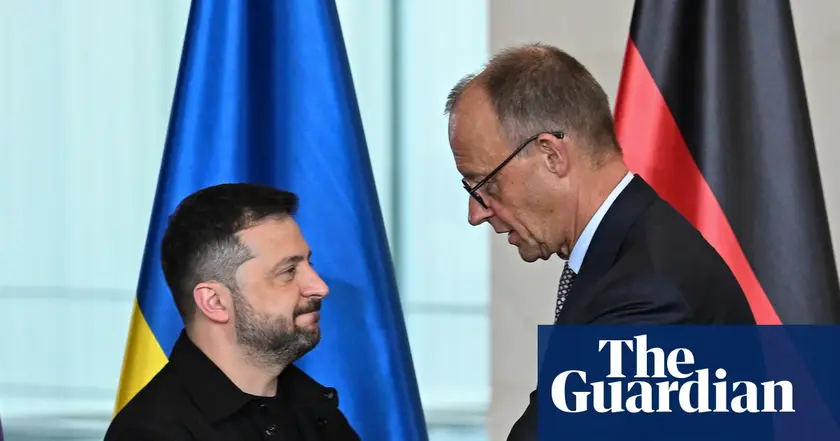T4K3.news
Concessions marked in Ukraine talks
Rubio signals concessions from both sides as next phase of negotiations moves forward.
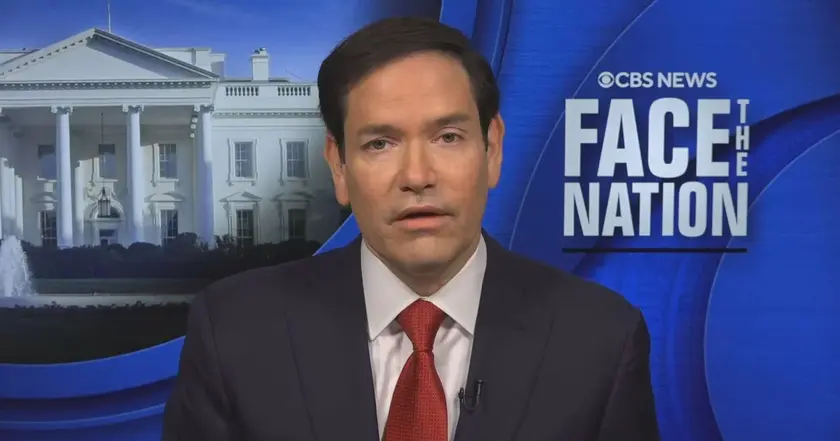
Analysis of Rubio's call for concessions as talks toward ending the Ukraine war unfold.
Rubio says concessions needed from both sides to end Ukraine war
Washington officials say negotiations toward ending Russia's war in Ukraine hinge on concessions from both sides. Secretary of State Marco Rubio told Face the Nation that for a peace deal to hold, Moscow and Kyiv must be willing to make compromises, with the goal of Ukraine rebuilding and lasting security guarantees. He noted that details will be refined with Zelenskyy and European partners as leaders gather for follow-up discussions.
Rubio described a process that moved from talks with Vladimir Putin to a broader, next-phase meeting with Zelenskyy and European allies. He stressed there is no deal yet and that officials must narrow gaps on security guarantees, territorial lines, and rebuilding in a way that Ukrainian leadership can support. The White House is coordinating with partners on how to structure the talks, while President Trump prepares to meet Zelenskyy after a productive, but inconclusive, Alaska summit with Putin.
Rep. Jason Crow attributed mixed signals to political dynamics, calling the Putin meeting a historic embarrassment while still arguing for a clear understanding of what motivates the adversary. Rubio and others say the path forward will depend on sustained diplomatic effort and realism about what concessions each side is willing to accept.
Key Takeaways
"both sides are going to have to make concessions"
Rubio on the need for mutual concessions in the peace process
"No deal until there's a deal"
Rubio on the realism of the negotiations
"If one side gets everything they want, that's surrender"
Rubio on balance in bargaining
"Movement enough to justify a follow-up meeting"
Rubio on progress after talks
The remarks mark a shift toward transparent diplomacy and guardrails for any peace framework. By grounding concessions in concrete outcomes like security guarantees and defined borders, the administration signals a bargain-driven approach rather than symbolic gestures. Yet the emphasis on mutual concessions raises questions about domestic support in the United States and in Europe, where hawkish voices may press for tougher terms or quicker moves. The risk is that a fragile consensus could fray if progress stalls, or if public sentiment shifts before a tangible agreement is in place.
Ultimately, the talks test whether European allies can align with Kyiv without undermining sovereignty or triggering a broader political backlash at home. The movement Rubio cites is notable but not decisive; the real test will be whether both sides can translate rhetoric into binding commitments and verifiable progress on the most contentious issues.
Highlights
- No deal until there is a deal
- If one side gets everything they want, that's surrender
- Movement is not a deal but it justifies a follow-up
- There are things discussed that are potentials for breakthroughs
Political sensitivity surrounds Ukraine talks
Diplomatic talks about concessions touch on domestic politics in the United States and European capitals. The proposals for security guarantees and borders could provoke backlash or shifts in public opinion, potentially affecting support for continued aid and negotiations.
The road to peace remains unsettled, with every concession carrying political weight.
Enjoyed this? Let your friends know!
Related News
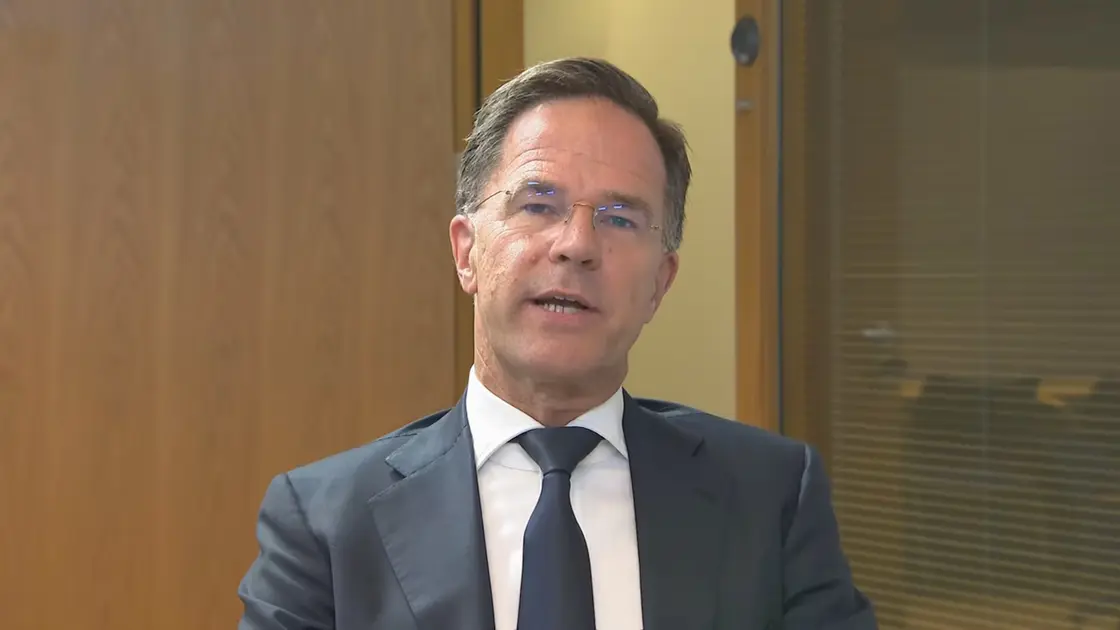
Rutte frames Trump Putin talks as Putin test
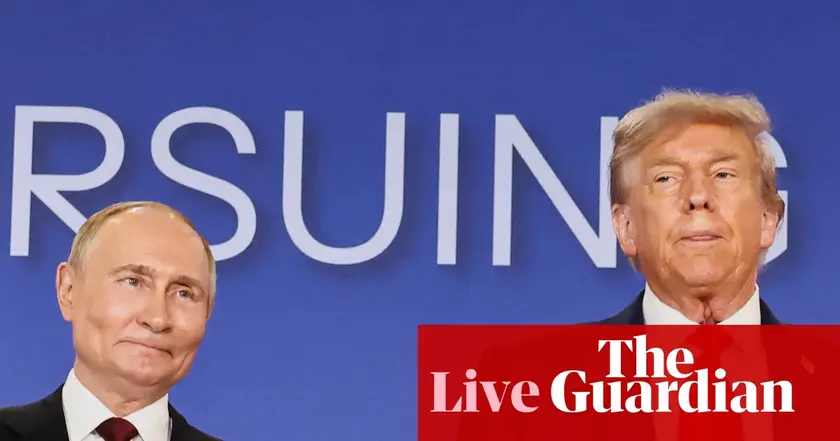
Trump Putin Alaska summit yield no breakthrough
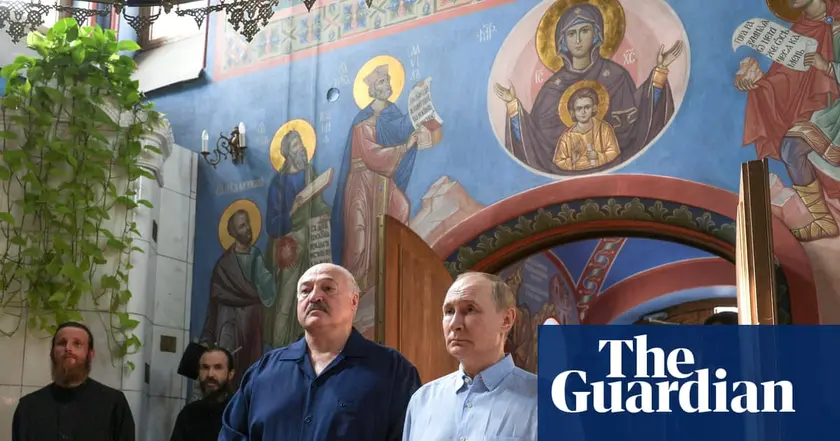
Putin emphasizes peace without concessions amid escalating violence
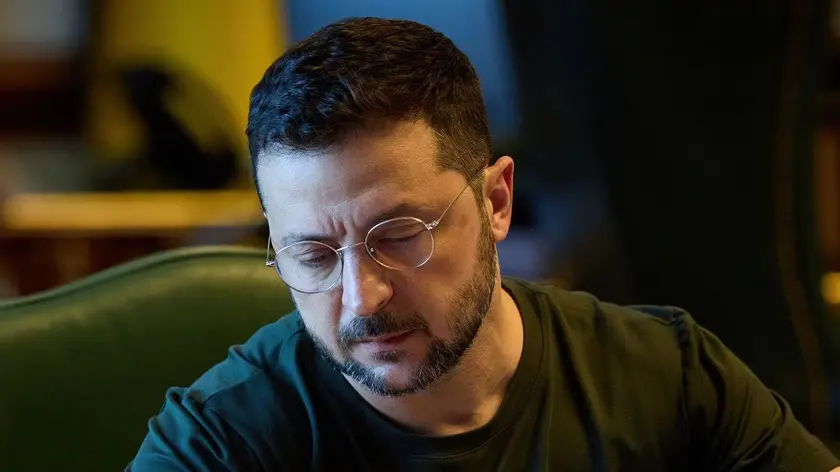
Ahead of Zelensky Trump talks European leaders head to Washington
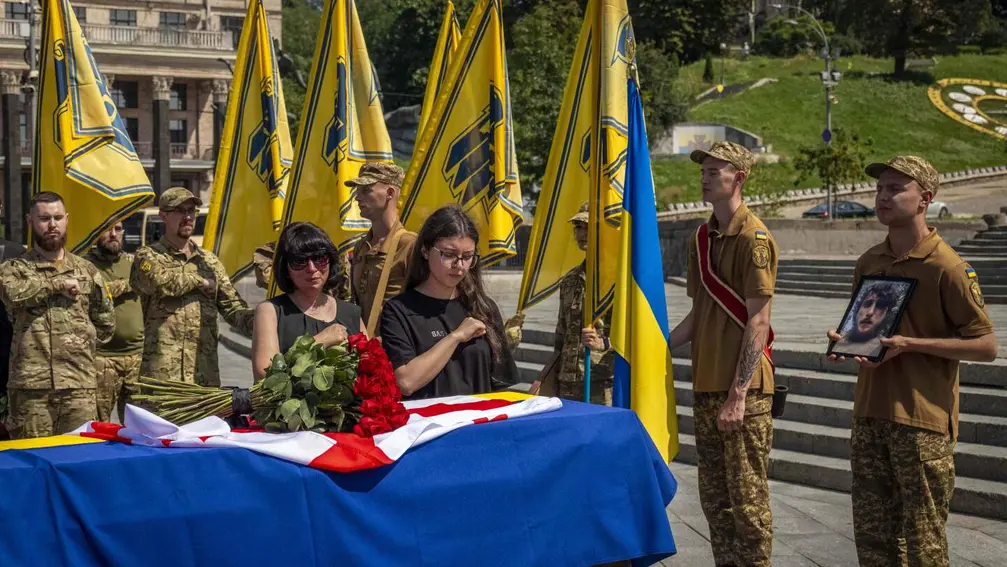
Ukraine unity shows in advance of Alaska talks
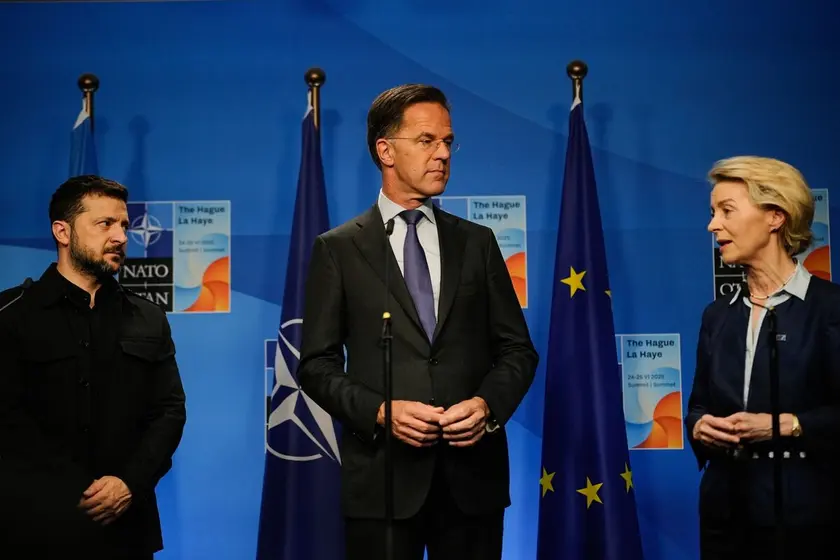
Leaders rally behind Zelenskiy in Washington

Trump pursues diplomacy with Russia as sanctions remain on the table
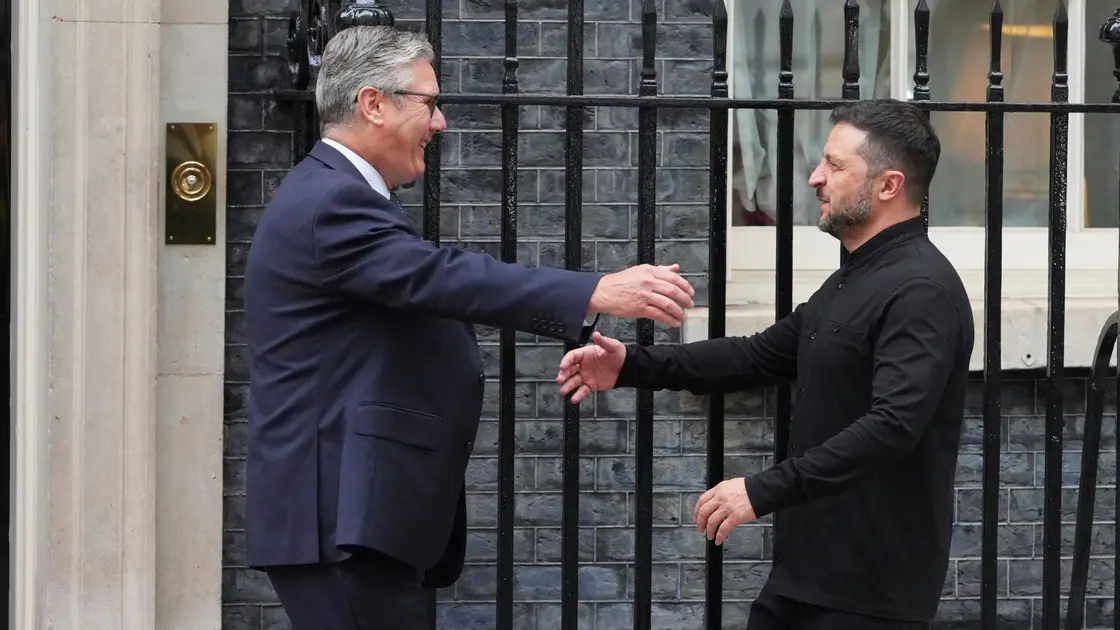
Zelenskyy to meet Trump with European partners
